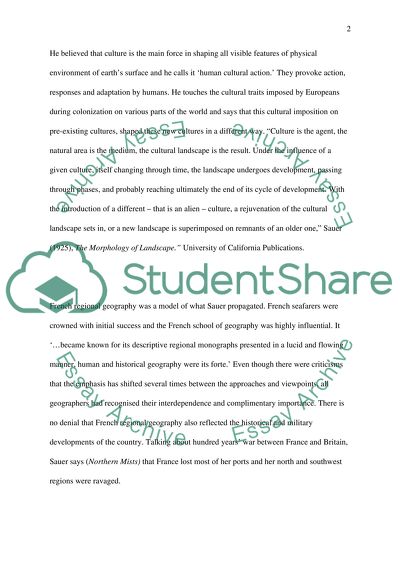Cite this document
(“Sauer's Cultural Landscape Geography Essay Example | Topics and Well Written Essays - 1250 words”, n.d.)
Sauer's Cultural Landscape Geography Essay Example | Topics and Well Written Essays - 1250 words. Retrieved from https://studentshare.org/geography/1513984-geography-college-essay
Sauer's Cultural Landscape Geography Essay Example | Topics and Well Written Essays - 1250 words. Retrieved from https://studentshare.org/geography/1513984-geography-college-essay
(Sauer'S Cultural Landscape Geography Essay Example | Topics and Well Written Essays - 1250 Words)
Sauer'S Cultural Landscape Geography Essay Example | Topics and Well Written Essays - 1250 Words. https://studentshare.org/geography/1513984-geography-college-essay.
Sauer'S Cultural Landscape Geography Essay Example | Topics and Well Written Essays - 1250 Words. https://studentshare.org/geography/1513984-geography-college-essay.
“Sauer'S Cultural Landscape Geography Essay Example | Topics and Well Written Essays - 1250 Words”, n.d. https://studentshare.org/geography/1513984-geography-college-essay.


